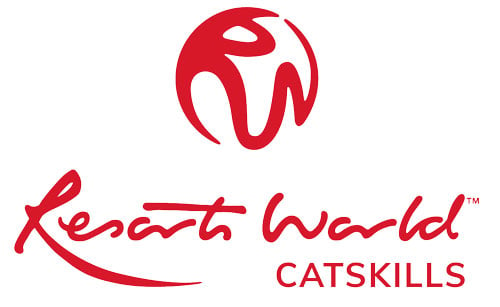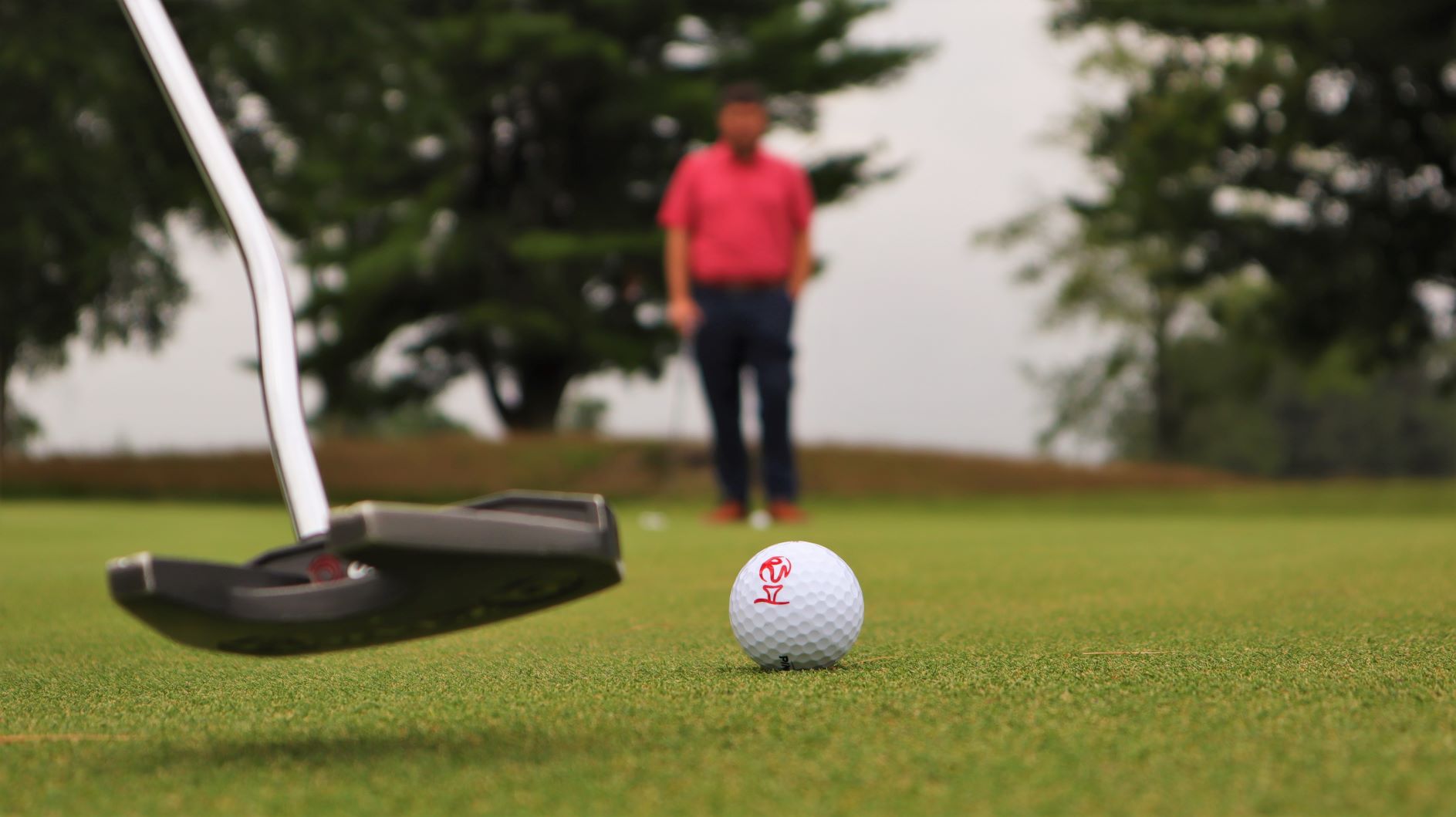How to Play Blackjack
Object of the game
The object of Blackjack is to draw cards that total 21 or come closer to 21 than the dealer. All cards equal their face value, except for a King, Queen, or Jack which each has a value of 10. The Ace has a value of 1 or 11, unless that would give the player or the dealer a total of more than 21, in which case, it will have a value of 1.
Players must place a Blackjack wager in order to be in the round of play against the dealer.
Each player will be dealt 2 cards, face up.
The dealer will also be dealt 2 cards, one face up, and one face down, known as the “Hole Card”. All players must take action on their hands before the dealer exposes the Hole Card and plays the hand.
The dealer must take cards until their hand reaches a value of 17 or higher. On some tables the layout states that the dealer will hit on “Soft 17”, a “Soft 17” is a hand that consists of an Ace used as an 11 and a combination of other cards that have a combined value of 6 to equal the “Soft 17”. On these tables, the dealer will continue to take cards until they reach a “Hard 17” or higher.
NOTE: The player is responsible for the correct count of their hands.
NOTE: Players may not touch the cards on shoe delivery games.
Outcome of the hand
Win, if the player has a higher total than the dealer. The wager will be paid 1 to 1.
Lose, if the player has a lesser total than the dealer.
Break or Too Many, if the hand totals more than 21, it is an automatic loss.
Push, if both the player and the dealer have the same total.
Actions/Hand Signals
Stand/Stay, means you do not want any additional cards dealt to your hand. It is done with a wave across the table behind your betting circle.
Hit/Draw, means you would like to draw an additional card. You cannot draw any additional cards if the total exceeds 21. It is done with a tap on the table behind your betting circle.
Split, if your first 2 cards have the same value, you can place an additional wager of the same value as the original wager and split into 2 hands. You may split any value up to 3 times for a total of 4 hands, with the exception of an Ace, which you can only split once and receive 1 additional card per hand and the card will be placed horizontal on top on the Aces. No further action can be taken once the Aces have been split. A Split is indicated by placing an additional wager of the same amount next to the original wager and signaling a “V” behind the betting circle.
Double Down, means you would like to place an additional wager up to the same amount of the original wager to receive 1 more card. The card will be placed horizontally on top of the hand. It is done by placing an additional wager up to the same amount of the original wager and signaling “1” with your index finger behind the betting circle. No further actions can be taken once a double down card has been dealt. This can only be done with the first 2 cards of the hand with the exception of a split. You may double down on the first 2 cards after a split. You cannot double down on a Blackjack hand.
Surrender, you have the option to “Surrender” on your first 2 initial cards dealt to you. When you surrender, you are requesting to surrender half of your wager and your hand. You may not surrender after splitting a hand or after a double down. It is done by verbally stating “Surrender” and drawing a line across from left to right with your index finger behind the betting circle.
NOTE: The player is responsible for the proper use of all hand signals.
What is a Blackjack?
A Blackjack is a hand that totals 21 on your first 2 initial cards dealt to you which consist an Ace and a 10 value card. A Blackjack is an automatic win unless the Dealer also has a Blackjack which will result in a push. A winning Blackjack hand is paid at the odds of 3 to 2, or 6 to 5, odds will be clearly stated on the table layout. There is no Blackjack payout if the hand has been split. If the dealer has Blackjack, it is an automatic win for the dealer and no cards will be drawn.
Insurance
If the dealer’s face up card is an Ace, and prior to anyone receiving additional cards, you may take Insurance. You may wager up to half of your Blackjack wager on the insurance line. If the dealer does have Blackjack, you will lose the Blackjack wager but will win 2 to 1 on the Insurance wager. If the Dealer do not have Blackjack, the Insurance wager will lose. The dealer will collect all losing insurance wagers before continuing the round. If the correct amount of Insurance cannot be wager due to the limitation of the value of the chip denomination (i.e., a $7.50 bet allowing a $3.75 insurance wager), the player may wager $4.00.
Even Money
A player who has a Blackjack has the option to be paid even money on the Blackjack wager instead of making an Insurance wager. This option can be used at the time the dealer offers Insurance to the players. If the player elects the even money option, the player will be paid 1 to 1 immediately and the hand is over for that player. The player is responsible for this option as the dealer will not offer the option during the time they open and close the Insurance. This option is only available on the tables with the 3 to 2 odds and is not available on the tables with the 6 to 5 odds.
Side Bets
There are additional side bets in the game of Blackjack. These bets in no way change the game of Blackjack but rather give the player the opportunity to make additional wagers that will play against the side bet pay table and not against the Dealer. An original Blackjack wager must be wagered to play any of side bet.
Kings Bounty
The Kings Bounty wager is an optional wager to bet that the player’s first (2) initial up cards dealt will total to 20. Maximum bet on the Kings Bounty is $25. A Blackjack wager must be wagered to play the Kings Bounty.
HAND
Two Kings of Spades + Dealer Blackjack
Two Kings of Spades
Two Suited Kings
Two suited 10s, Jacks, or Queens
Suited 20
Two Kings
Non – Suited 20
PAYOUT
1000 to 1
100 to 1
30 to 1
20 to 1
9 to 1
6 to 1
4 to 1
21 + 3 Xtreme
The 21 + 3 is an optional wager on the game of Blackjack and is based on a 3 card hand using the dealer’s one (1) up card and the player’s two (2) initial up cards to form a 3 card poker hand. A Blackjack wager must be wagered to play the 21 + 3 Xtreme.
HAND
Straight Flush
Three of a Kind
Straight
Flush
PAYOUT
30 to 1
20 to 1
10 to 1
5 to 1
Blazing 7’s Progressive
Blazing 7’s Progressive is an optional progressive side bet for Blackjack. The Blazing 7’s Progressive considers the player’s first two (2) initial up cards along with the dealer’s one (1) up card. The dealer’s up card will only count as the third 7, which means the player’s first two (2) initial up cards must both be 7s for the dealer’s 7 to count as the third 7. A Blackjack wager must be wagered to player the Blazing 7’s Progressive. Wager must be $5.
HAND
Three Suited 7’s – Diamonds
Three Suited 7’s – Non Diamonds
Three Suited 7’s – Same Color
Three 7’s
Two 7’s
One 7
PAYOUT
100% of Mega
100% of Major
100% of Minor
$1,000.00
$125.00
$10.00
Must Hit Jackpot
Resorts World Catskills offers a Must-Hit Jackpot which is linked to all games that offer a progressive wager. Simply bet the progressive wager as you normally would and during the round of play you will be eligible to receive the Must-Hit Jackpot. This jackpot is guaranteed to hit between $250 and $1,000.
Mixed Minimum
Mixed Minimum is an option that allows you to combine both your Blackjack wager and your Kings Bounty or 21 + 3 wagers to meet the table minimum. (i.e., if the table minimum is $15, you can wager $10 on the Blackjack wager and $5 on the Kings Bounty or 21 + 3 wager or vice versa), the Progressive wager is not eligible to be included in Mixed Minimum.









